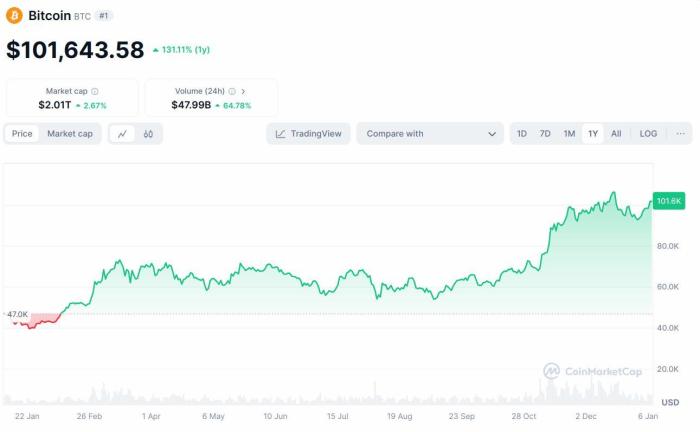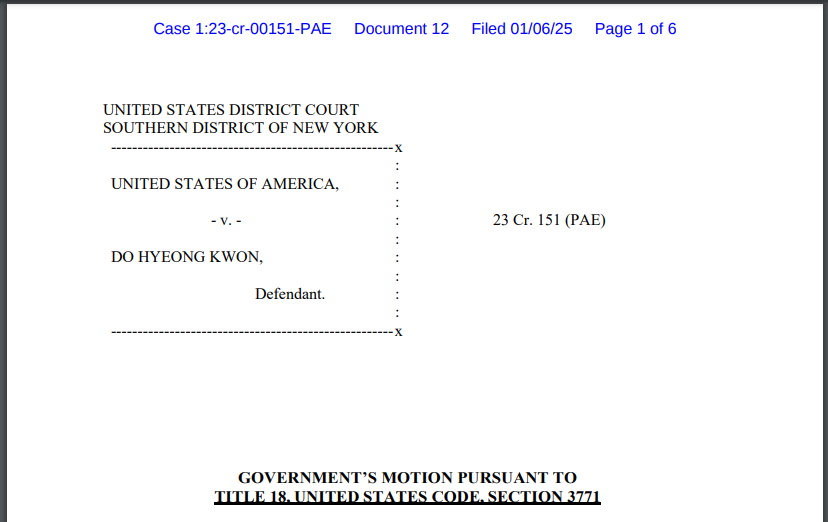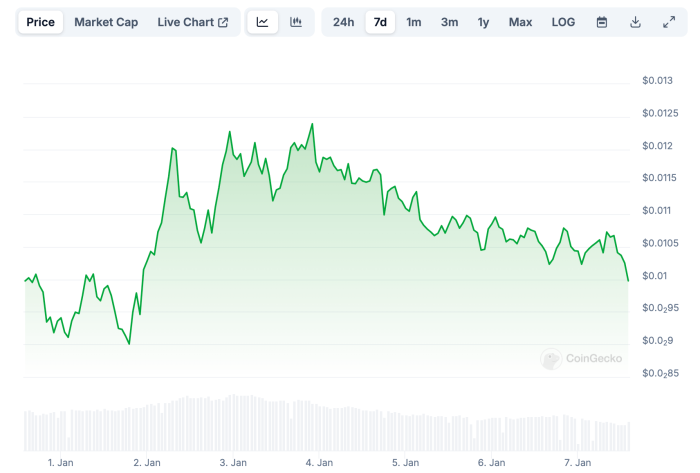
The United States tax collector will require taxpayers to count staking rewards as gross income at the time they gain “dominion" over the tokens.
United States crypto investors must report crypto staking rewards as gross income in the year it was received, according to a new ruling from the country’s top tax authority.
On July 31, the Internal Revenue Service issued Revenue Ruling 2023-14, giving clarification about how income earned from staking digital assets should be treated for taxation purposes.

Gross income includes income realized in any form, whether in money, property, services and now staking rewards.
The ruling applies to cash-method taxpayers who receive any crypto as remuneration for validating transactions on proof-of-stake blockchains and applies both when staking cryptocurrency directly and when staking through a centralized crypto exchange.
The ruling stated that the fair market value of the crypto rewards should be included in annual income and determined when the assets are received.
“The fair market value is determined as of the date and time the taxpayer gains dominion and control over the validation rewards."
“Dominion” was defined as the time when the investor controls and has the ability to sell, exchange, or otherwise dispose of the cryptocurrency rewards.
The IRS previously subjected crypto-mining rewards to both income and capital gains tax but had no provisions for staking rewards up until now, according to crypto tax firm Koinly.
Head of tax at Koinly, Danny Talwar, elaborated to Cointelegraph:
“The revenue ruling compounds the understanding of many accounting professionals in that staking rewards are only taxed as gross income when they are able to be sold. This means in that rewards accrued but locked won’t be taxable until the recipient can exercise ‘dominion and control’ over their staking rewards.”
Messari founder Ryan Selkis said the IRS is treating crypto staking like stock dividends.
What PoS blockchains do at scale is embed state-level taxes into their protocols.
— Ryan Selkis (@twobitidiot) July 31, 2023
The IRS says PoS rewards should be included in gross income, which means crypto has taken the concept of a "stock dividend" and made it taxable.
You get a taxed for slicing a pizza in 10 vs. 8. pic.twitter.com/3qlm6lAGQv
Meanwhile, Jason Schwartz, tax partner and digital assets co-head at Fried Frank, said: “While the ruling is therefore unsurprising, it’s still disappointing,” adding:
“Tax law has always required the existence of a payer, such as an employer or other counterparty, for taxable income to accrue to someone. Even treasure trove discoveries are deferred payments.”
Related: Judge suggests IRS issued $4K refund over tax lawsuit based on quality of lawyers
The IRS tax bulletin comes at a time when U.S. federal regulators such as the Securities and Exchange Commission are targeting crypto-staking service providers and exchanges, alleging that they are offering illegal securities sales.
Collect this article as an NFT to preserve this moment in history and show your support for independent journalism in the crypto space.
Magazine: Best and worst countries for crypto taxes – plus crypto tax tips

You can get bonuses upto $100 FREE BONUS when you:
💰 Install these recommended apps:
💲 SocialGood - 100% Crypto Back on Everyday Shopping
💲 xPortal - The DeFi For The Next Billion
💲 CryptoTab Browser - Lightweight, fast, and ready to mine!
💰 Register on these recommended exchanges:
🟡 Binance🟡 Bitfinex🟡 Bitmart🟡 Bittrex🟡 Bitget
🟡 CoinEx🟡 Crypto.com🟡 Gate.io🟡 Huobi🟡 Kucoin.




















Comments